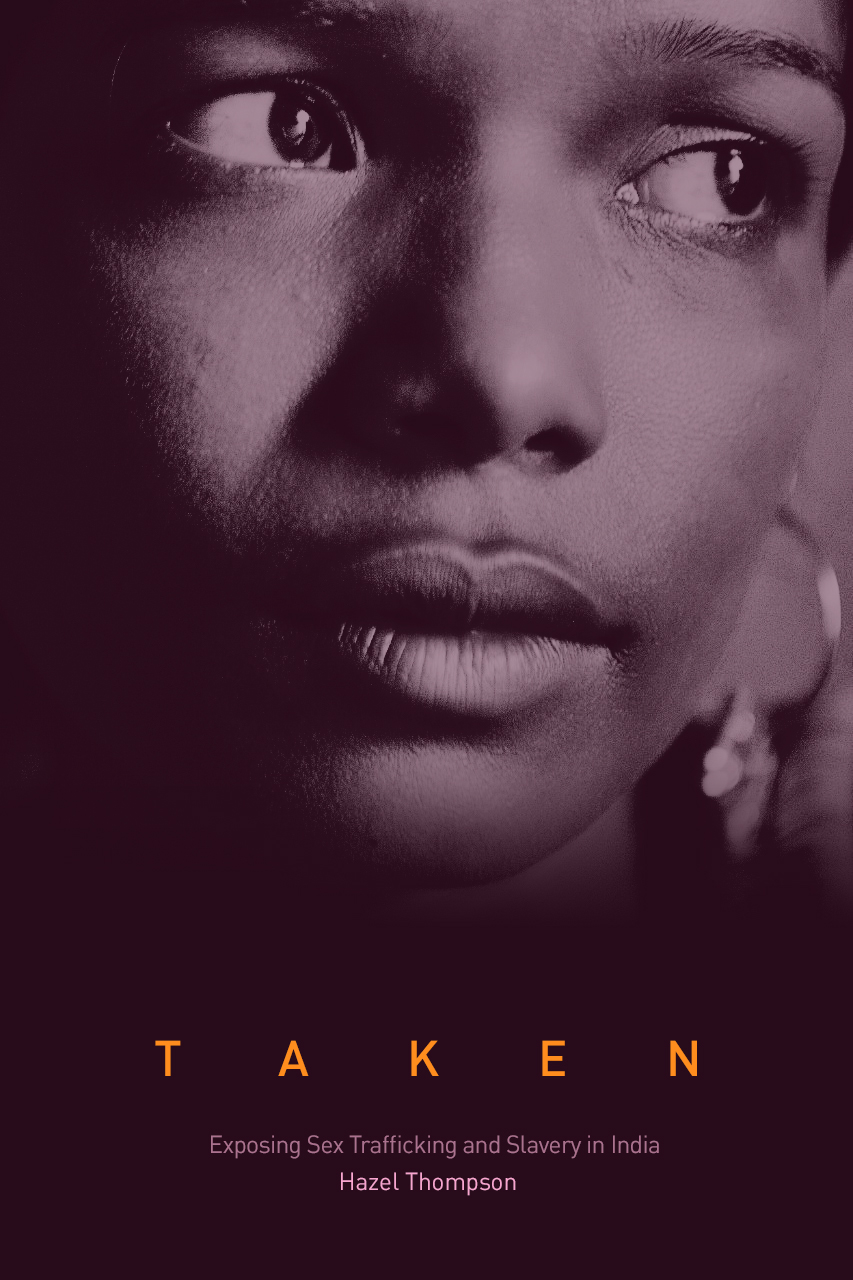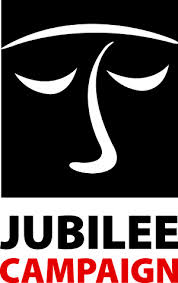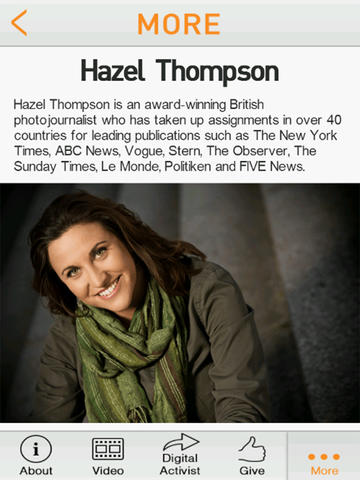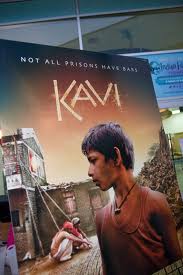Launch of Taken Campaign at the House of Lords: 4.45pm Wednesday October 16th, Inter Parliamentary Union Room, Westminster. Remarks by David Alton – Lord Alton of Liverpool.
About the Taken Campaign http://takenebook.com/


I’d like to begin by encouraging people to buy the digital book, Taken, from Itunes – the profits from which will go to Jubilee Campaign for their project in India to rescue girls from the red light district. The perfect companion is a copy of Danny Smith’s Shouting into the Silence. Let me also thank Marc Carey of Hard Rock Cafe, and Hazel Thompson, for their important support for this initiative.
The digital book has a link for a petition that is being launched – and everyone can play their part in supporting the campaign.
Based on Swedish laws, which I will mention further, the petition calls on the Indian government to make the purchase of sex illegal and to decriminalise the victims of sex trafficking. The campaign was developed with help from one of the key people who ran The Body Shop’s successful trafficking campaign. And I will draw on some work which was undertaken on their behalf.
That paper and this campaign reminds us why human trafficking matters.
It matters because, Human Trafficking entraps, exploits, enslaves, manipulates and demeans. It is based on deception and frequently involves violence or coercion. A trafficking victim faces a bleak future of domestic servitude, factory work, farming, mining, drug harvesting, or the sex industry while those who profit from this illegal industry are enriched on a scale comparable to that of the drugs barons.
It is a silent industry which profits by working under the surface, in dark corners and in concealment.
Estimates suggest that in India, alone, anything between 20 to 65 million people are victims of forced labour – many from the Dalit community of so-called untouchables. . This plays in to the hands of the traffickers with 90% of current victims recruited from inside India, often from the poorest and most vulnerable communities.
According to a United Nations Report, the most common form of human trafficking (79%) is sexual exploitation. The victims of sexual exploitation are predominantly women and girls. It came as a surprise to me that, according to the UN, in 30% of the countries which provided information on the gender of traffickers, women make up the largest proportion of traffickers. They say that in some parts of the world, women trafficking women is the norm.
Men, women and children are trafficked within their own countries and across international borders. Trafficking affects every continent and every country.
All countries are affected by human trafficking, whether it’s a country from which people are trafficked; a transit country through which people are trafficked ; or a destination country. Sometimes a country will be all three.
— The UN Office on Drugs and Crime say that:
People trafficking is the fastest growing means by which people are enslaved, the fastest growing international crime, and one of the largest sources of income for organised crime.
— UNICEF Estimate that:
1.2 million children are trafficked every year.
—The International Labour Organisation reported that in 2012:
At least 20.9 million people were victims of forced labour worldwide. While it is difficult to establish a precise figure, their research suggested that 44% of the 20 million are trafficking victims.
The purpose o f the Taken Campaign is to shine a light into the dark places which those figures represent and to give voice to those silent victims.
It’s about giving voice to people like Wihini, aged nine, and her brother Sunni, a boy aged seven, who lived on Thane train station in Mumbai, India with their parents – both alcoholics. One day the children disappeared. Wihini and Sunni’s father told how a man had come and offered money for them and that he had sold them for the equivalent of $30. That was the last anyone heard of them. In that area of Mumbai every two to three months children disappear or are kidnapped and sold into prostitution or forced labour, or worse.
In particular, the Taken eBook details the subjugation of Indian girls who, robbed of childhood and innocence, are trafficked into the red light district of Mumbai – the capital of the country’s sex industry.
But those affected lose far more than their innocence. Frequently, women and girls suffer sexual violence, held against their will. Chillingly and shockingly, the average of age a trafficked girl in India is just 11 years old.
The Indian Government needs to do much more to end this illegal and egregious abuse of children’s human rights.
The death, exactly a year ago, of a 23-year-old student , the victim of an horrendous gang rape, was a terrifying reminder of the level of violence against girls and young women in India but also of wholly unacceptable social attitudes and a culture of impunity.
TAKEN makes it clear that such stories are not isolated events but reveals the evidence of systematic violence perpetrated year in and year out – with little sign of any serious campaign to end it.
Despite creating Anti Human Trafficking Units, a Child Welfare Committee in each Indian state and special Juvenile Police Units, the prosecution of traffickers and accomplices is next to non-existent. The 2013 US Trafficking in Persons (TIP) report states; “traffickers are increasingly better organized and adapting to state government crackdowns on well-known establishments or routes of human trafficking.” The report adds that corruption is preventing the police and judicial authorities from taking effective action.
This culture of impunity, laced with corruption, is entrenched by attitudes which treat victims as if they were themselves criminals.
India’s Traffic Prevention Act (ITPA) criminalises traffickers but also criminalizes other offences, including prostitution, and it is this provision which often targets the victims. One estimate suggests that 85% of prosecutions are against women and children and just 15% against the perpetrators. This is an upside down world which heaps suffering upon suffering. There is a strong case for India to introduce laws like those pioneered in Sweden – and adopted in countries such as South Korea and Cambodia – which criminalise those who buy sex, not those who are forced to sell it.
Until fundamental and radical change occurs women and girls will go on living subterranean lives in Mumbai’s red light district; they will go on being treated as criminals when, in reality, they are the victims;
Since their adoption in Sweden, in 1999, that country has seen a significant reduction in trafficking and prostitution, reducing its appeal as a destination country for traffickers.
What is clearly true is that trafficking and exploitation are blood brothers, closely related to their cousins: vested interest and indifference. Human trafficking is an engine for social misery and human degradation which undermines human rights and human dignity. It is one of the great curses of our times, which is why the Taken campaign deserves to be widely supported and why we must add our voices to those of Danny Smith and Jubilee Campaign and to those who are at last shouting into the silence, giving voice to those whose voices have been muted, and awakening those whose ears have been closed to this untold torrent human suffering

WHAT YOU CAN DO
Website http://takenebook.com/
MEDIA LINKS
http://www.theguardian.com/world/2013/sep/28/trafficked-india-red-light-districts
Taken trailer http://www.youtube.com/watch?v=9yJl19Jd-rQ
Buy Taken https://itunes.apple.com/gb/book/taken/id715654976?mt=11
The Taken Campaign App available free on Apple’s app store https://itunes.apple.com/us/app/taken-campaign/id717179884?ls=1&mt=8
Also visit: www.jubileecampaign.co.uk
—————————————————————————————————–
See also..
India’s Lost Childhood
5pm Monday 4 November
International Slavery Museum, Merseyside Maritime Museum, Albert Docks, Liverpool
Free entry. Pre-booking is essential.
Details and booking: http://www.liverpoolmuseums.org.uk/ism/events/displayevent.aspx?EventID=16721
View trailer: http://www.dfn.org.uk/kavi
Featuring the award-winning, Oscar-nominated dramatic short film ‘Kavi’
Kavi is a young boy in India who wants to go to school and to play cricket with other children. Instead he is forced to work in a brick-kiln as a modern-day slave.
The first Global Slavery Index published in October 2013 showed that India has almost half the world’s slaves – 13.9 million out of almost 30 million. Most of them are Dalits or Adivasis.
Special Guest, Kumar Swamy, South India Human Rights Convenor, will be interviewed. There will also be an opportunity for audience Q&A.
“Kavi tugs at the heartstrings” – Entertainment Weekly
“Remarkably incisive and moving.” – The Los Angeles Times
“I was stunned by the realism of Kavi… the film was moving, heartbreaking, and even beautiful.” -Kevin Tent, editor of Sideways, Election, and Blow
“This is one of those rare films that will just make you sit back and say, ‘Wow…’ when it’s over. It’s that good.” – Duane L. Martin, The Rogue Cinema
“Told unflinchingly, in hues of blazing orange, “Kavi”… is both art and a rattling bulletin about human slavery occurring worldwide.” – Chris Garcia, American-Statesman Film Critic

At the crossroads: Will the free world choose isolationism or global leadership? Essay for GIS Reports April 19th 2024.
https://www.gisreportsonline.com/r/crossroads-isol...

